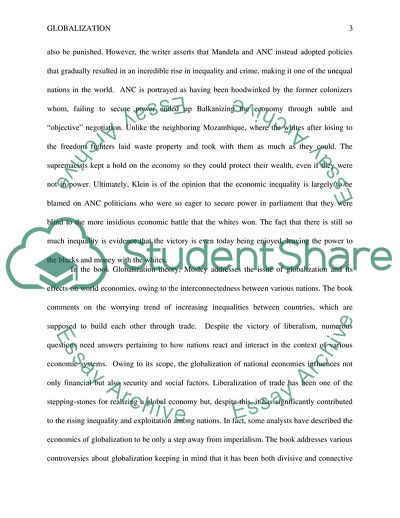Cite this document
(Globalization and the End of the Nation-State Coursework Example | Topics and Well Written Essays - 3000 words, n.d.)
Globalization and the End of the Nation-State Coursework Example | Topics and Well Written Essays - 3000 words. https://studentshare.org/politics/1857297-globalization-and-the-end-of-the-nation-state
Globalization and the End of the Nation-State Coursework Example | Topics and Well Written Essays - 3000 words. https://studentshare.org/politics/1857297-globalization-and-the-end-of-the-nation-state
(Globalization and the End of the Nation-State Coursework Example | Topics and Well Written Essays - 3000 Words)
Globalization and the End of the Nation-State Coursework Example | Topics and Well Written Essays - 3000 Words. https://studentshare.org/politics/1857297-globalization-and-the-end-of-the-nation-state.
Globalization and the End of the Nation-State Coursework Example | Topics and Well Written Essays - 3000 Words. https://studentshare.org/politics/1857297-globalization-and-the-end-of-the-nation-state.
“Globalization and the End of the Nation-State Coursework Example | Topics and Well Written Essays - 3000 Words”. https://studentshare.org/politics/1857297-globalization-and-the-end-of-the-nation-state.


